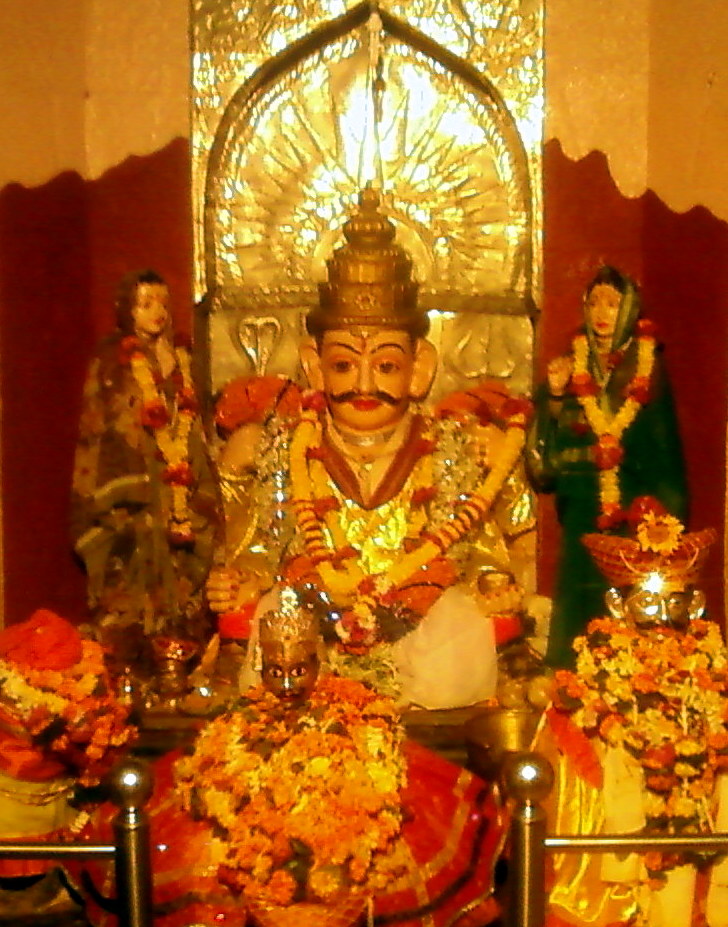Discovering Khandoba: An Odyssey into the Spirituality of an Ancient Hindu Deity
"Explore Khandoba, a revered deity in Hinduism known for his warrior persona, manifested in the regions of Maharashtra and Karnataka."

Khandoba, also known as Martand Bhairava, is a popular deity predominantly worshipped in the Indian state of Maharashtra. He is believed to be an incarnation of Lord Shiva and valued as a family deity in many households. Khandoba is considered the patron deity of farming and herding castes, the hunters and gatherers of the hills and forests, merchants, and some Brahmin communities. His worshippers hail from a diverse range of castes and communities, illustrating the inclusive nature of worship in Hinduism.
The tale of Khandoba is a fascinating one, involving divine intervention and a testament to righteousness. According to popular belief, Khandoba is said to have slain the demons Mani and Malla. He is thus often referred to as "Mallari", which literally translates to "enemy of the demon Malla". The battle against the demons is believed to have taken place on a hill which is now the site of the Khandoba temple at Jejuri in Maharashtra. This temple attracts millions of devotees each year, who visit to offer their prayers to the deity.
Interestingly, Khandoba is not only worshipped in the form of a lingam, as is common for manifestations of Shiva, but also in the form of an image riding a horse, brandishing a sword. His dual representation signifies his role as a divine warrior and the protector of truth and righteousness. The deity is also often depicted with his wives Mhalsa and Banai, who are considered to represent the aspects of fertility and warrior strength respectively. Khandoba's imagery and symbolism thus portray a comprehensive range of divine attributes, making him a particularly revered figure in Hinduism.
Celebrations associated with Khandoba include the Champa Shashthi and Somvati Amavasya. On these days, devotees offer turmeric powder, which is a significant offering in the worship of Khandoba, and partake in ritualistic dances and processions. These events demonstrate the community-oriented aspect of Hindu worship, bringing people together in shared faith and celebration. Overall, Khandoba embodies the spirit of valor, righteousness and protection, which are key tenets of the Hindu faith.
